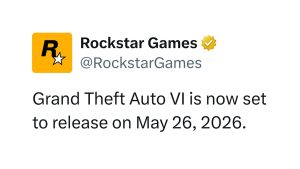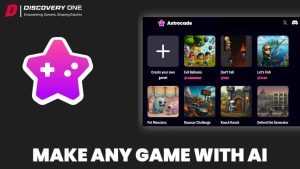Most video games offer fantasy worlds or action-packed adventures. But a new game takes a different path. “Dreams on a Pillow” uses gaming to share history and build empathy. Palestinian developer Rasheed Abueideh created this game to tell an important story.
The Story Behind the Game
“Dreams on a Pillow” comes from a Palestinian folk tale set during the 1948 Nakba. The Nakba was a time when many Palestinians lost their homes during the Arab-Israeli war. The game follows Omm, a young mother whose husband is killed. As she tries to flee with her baby, she accidentally grabs a pillow.
This story has been told for generations. Abueideh chose it because it shows the deep feelings of the Nakba and how Palestinians still wish to return home.
The pillow in the story has a strong meaning. It stands for both loss and memory. Different versions of the story end in various ways. In some, Omm goes mad. In others, she dies. In some, she escapes but can never go home. These endings mirror what happened to many Palestinians.
How the Game Works
The game turns this emotional story into unique gameplay. “Dreams on a Pillow” is a stealth adventure game. Players see the world through Omm’s eyes as she tries to reach Lebanon.
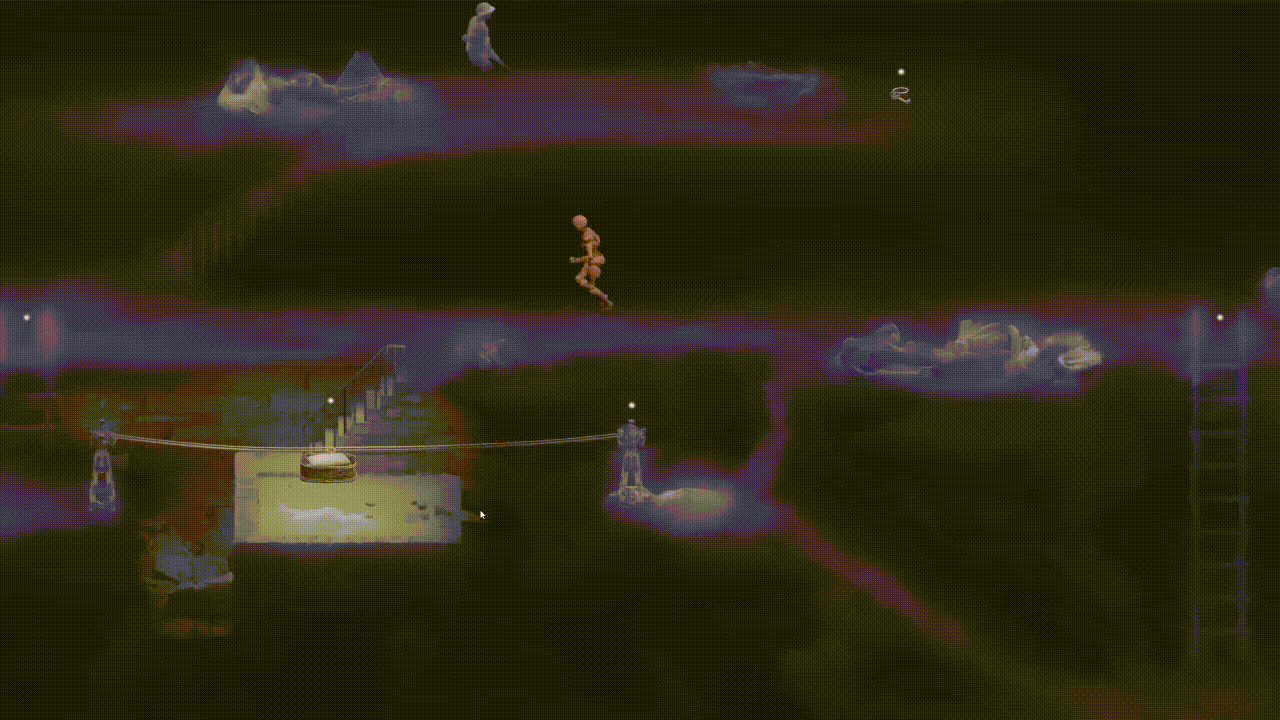
The pillow is key to how you play:
- When carrying the pillow, Omm can only walk
- When she puts it down, she can jump, crawl, climb, and throw rocks
- But putting down the pillow brings nightmares from her trauma
This setup creates a tough choice for players. The pillow limits what Omm can do but also shields her from facing her worst fears. Players must decide when to carry it and when to set it aside.
The game also shows life before and during the Nakba. This lets players see how much was lost.
Showing a Different Side of History
“Dreams on a Pillow” aims to be true to history. It challenges the myth that Palestine was “a land without people for a people without land.” The game shows Palestine as it was before 1948 – a place where many cultures lived together.
As players move through the game, they will see historical events. These include the massacre at al-Tantura, camps at Atlit, the fall of Haifa, and attacks on refugees. We rarely hear about these events in most history books.
The United Nations describes pre-Nakba Palestine as “a multi-ethnic and multi-cultural society.” Putting this history in a game, “Dreams on a Pillow,” helps players connect with it in a new way.
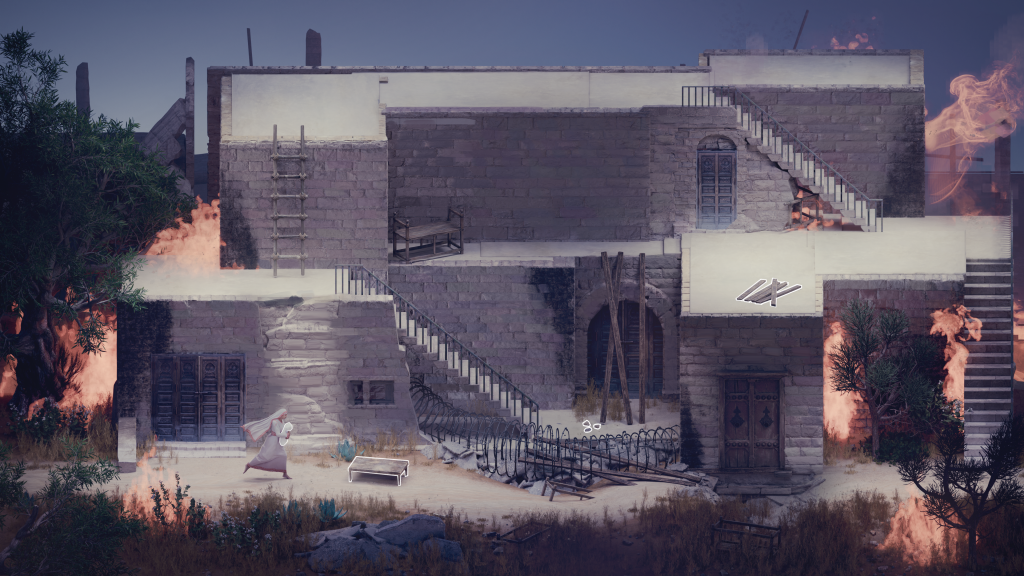
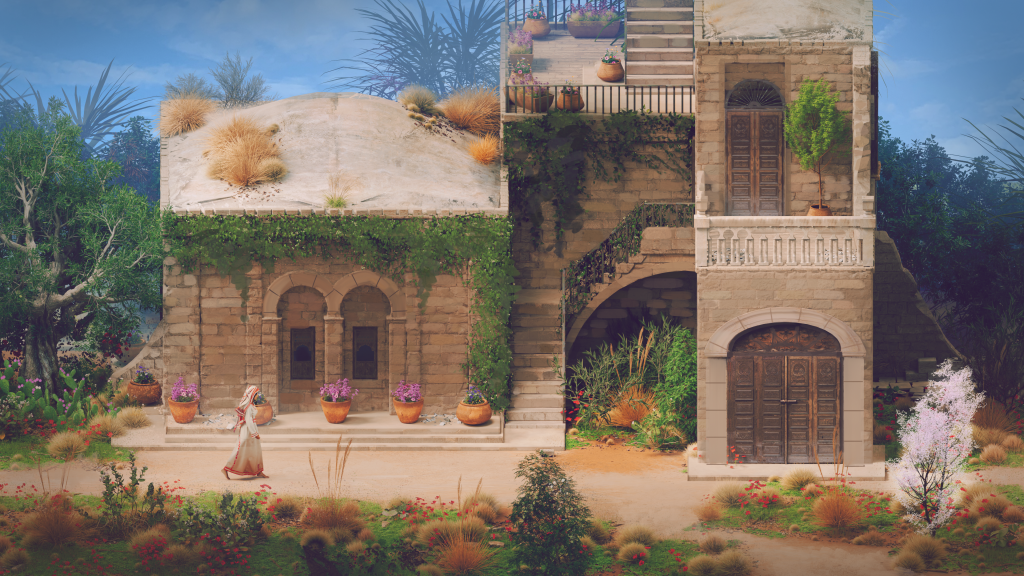

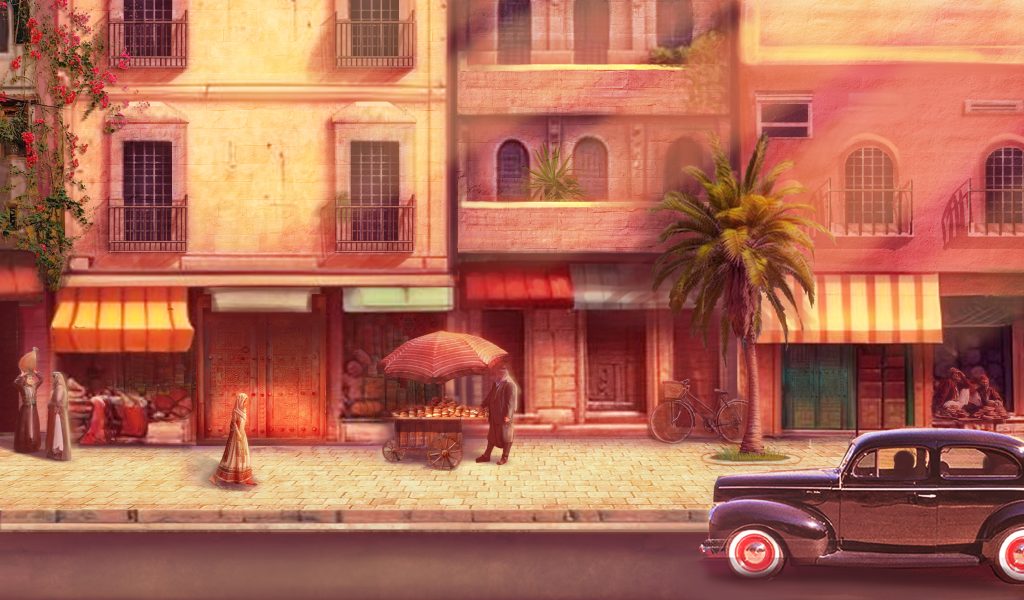

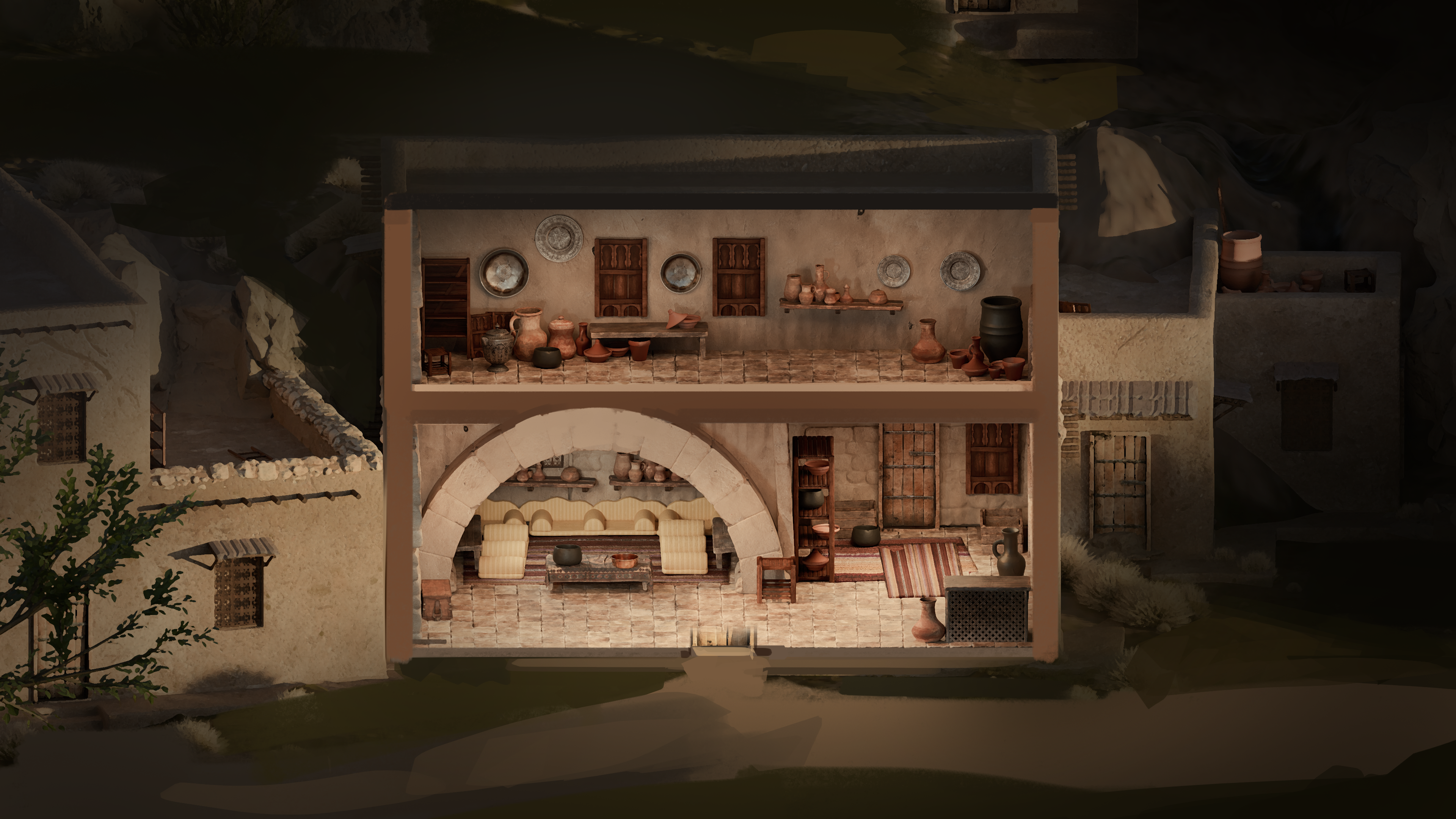
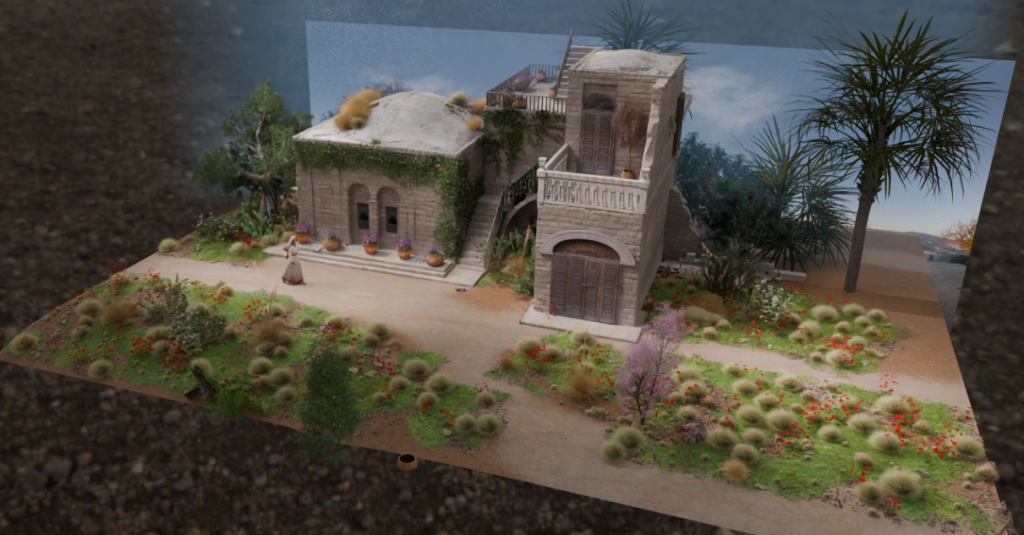
The Developer’s Own Story
The story of making this game is as powerful as the game itself. Rasheed Abueideh made another game before this one. “Liyla and The Shadows of War” was about a young girl during the 2014 Gaza War. Despite good reviews, he faced many problems.
Apple called “Liyla” “too political” and banned it for a while. They only changed their minds after many news stories about it. After that, Abueideh couldn’t find support for new projects. Publishers said his topics were “too controversial.” To support his family, he opened a nut roastery near his hometown of Nablus.
Now that roastery sits empty. Israeli settler activity makes it unsafe to travel there. Making games in the West Bank is very hard. Abueideh told Rock Paper Shotgun: “Just taking your kids to school is a big deal. You don’t know which road to take. You don’t know where the checkpoints are or if they’ll block the roads.”
Despite these problems, Abueideh returned to making games. When normal funding wasn’t an option, he turned to crowdfunding.
Finding Success Against the Odds
The “Dreams on a Pillow” crowdfunding campaign has done very well. It raised over $240,502 on LaunchGood, much more than its goal of $194,800. This success is impressive given the challenges:
- Publishers rejected the game as “too controversial.”
- Abueideh faced ten years of rejection from funders
- Many crowdfunding sites don’t recognize Palestine
The success shows the power of community support. It shows that people want games that deal with real history and politics. The gaming community and journalists helped spread the word about the project.
The entire cost to make the game will be about $495,000. The current funding lets the team start making the core levels. They will seek more funding to finish the game.
Games such as Art and Resistance
“Dreams on a Pillow” shows how video games can be both Art and a form of resistance. As Peter Kirn wrote,
“Games weave Art and empathy in unique ways. Gaming is about perspective and action.”
By creating a game based on Palestinian history, Abueideh preserves cultural stories and challenges the common view of history. The game fights against the erasure of Palestinian stories and uses the power of games to build understanding.
As Kirn notes, “Art doesn’t have to be apolitical. It can have a strong message and capture emotional reality uniquely.“
Looking Forward
“Dreams on a Pillow” marks an important shift in our perception of video games. They’re not just for fun. They can preserve history, challenge stories, and build bridges between cultures.
This project is worth watching if you care about games, history, and politics. It shows how games can tell stories that might otherwise be lost. It creates ways for players to engage with complex issues.
Projects like “Dreams on a Pillow” as gaming grows point to a richer future. Games can do more than entertain. They can inform, challenge, and transform.
Note: “Dreams on a Pillow” is still being made. This article is based on the crowdfunding campaign and news coverage from January 2025.





